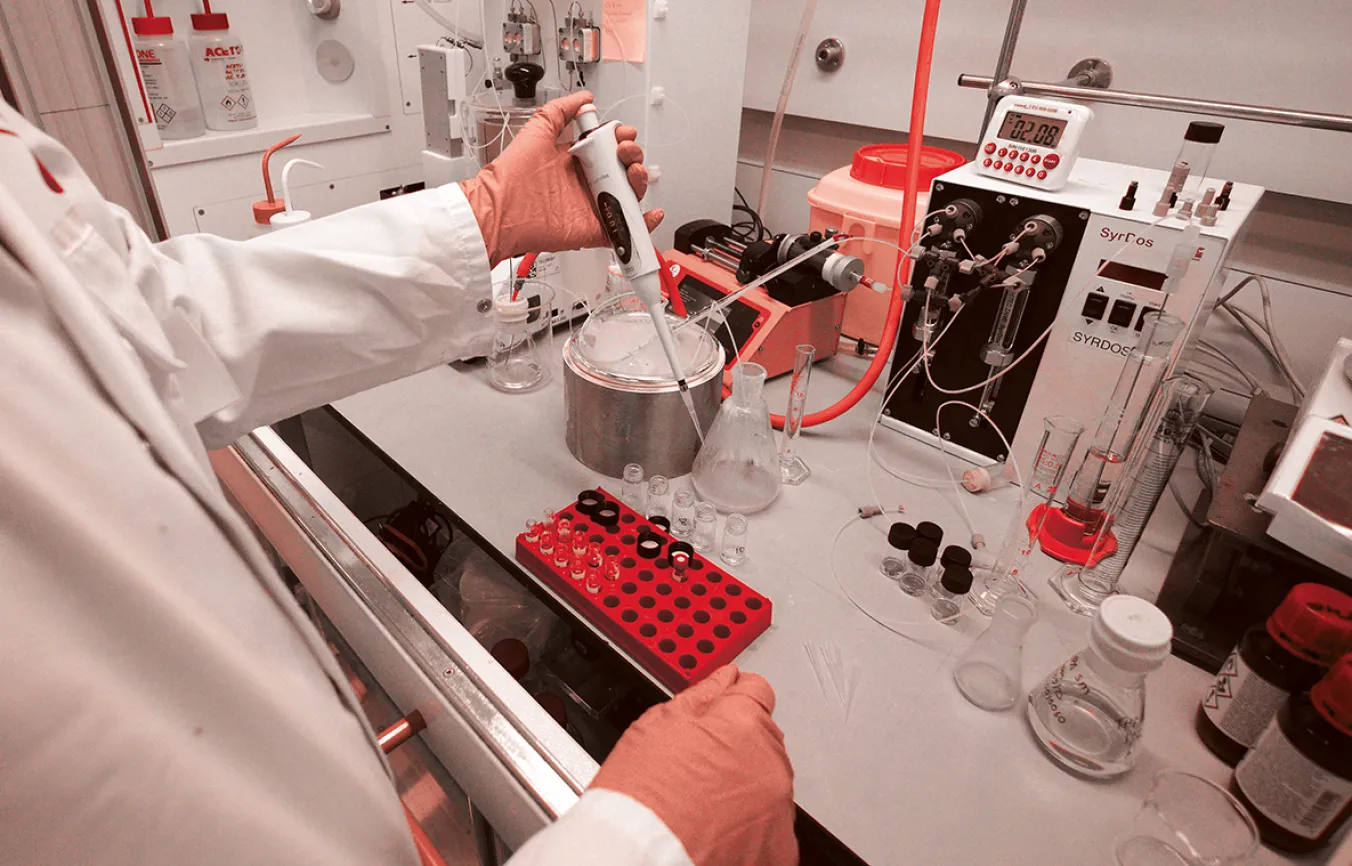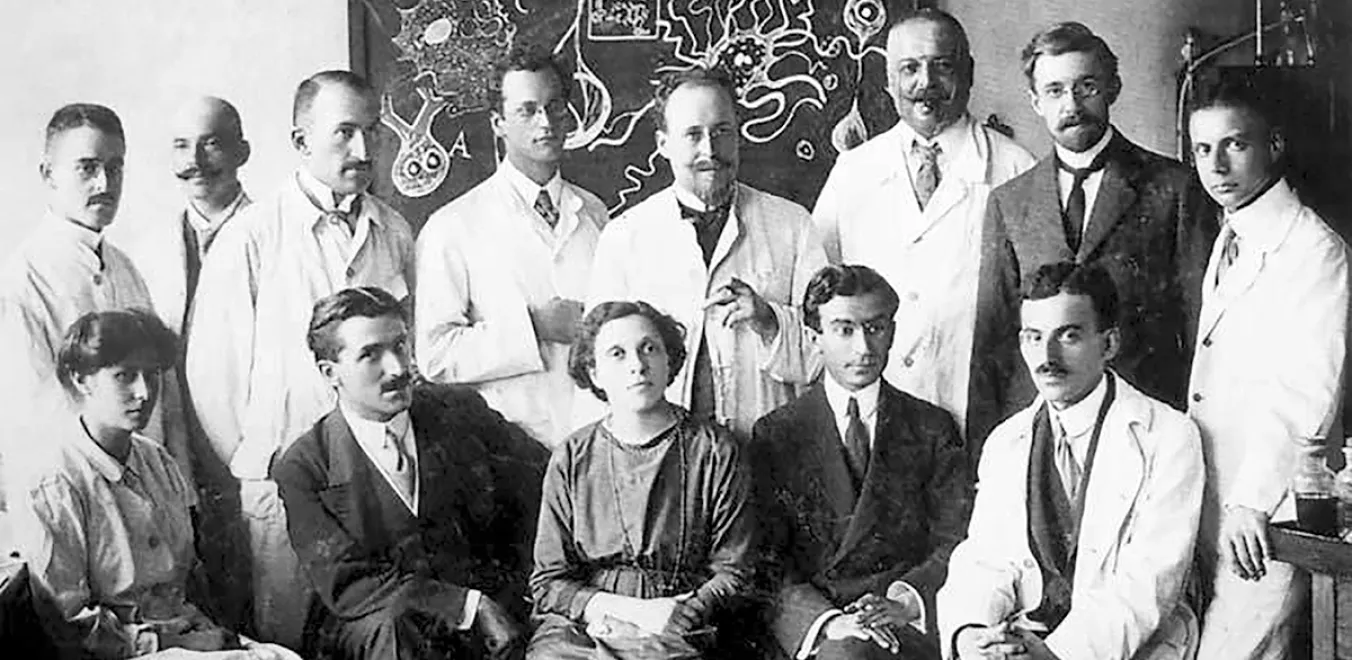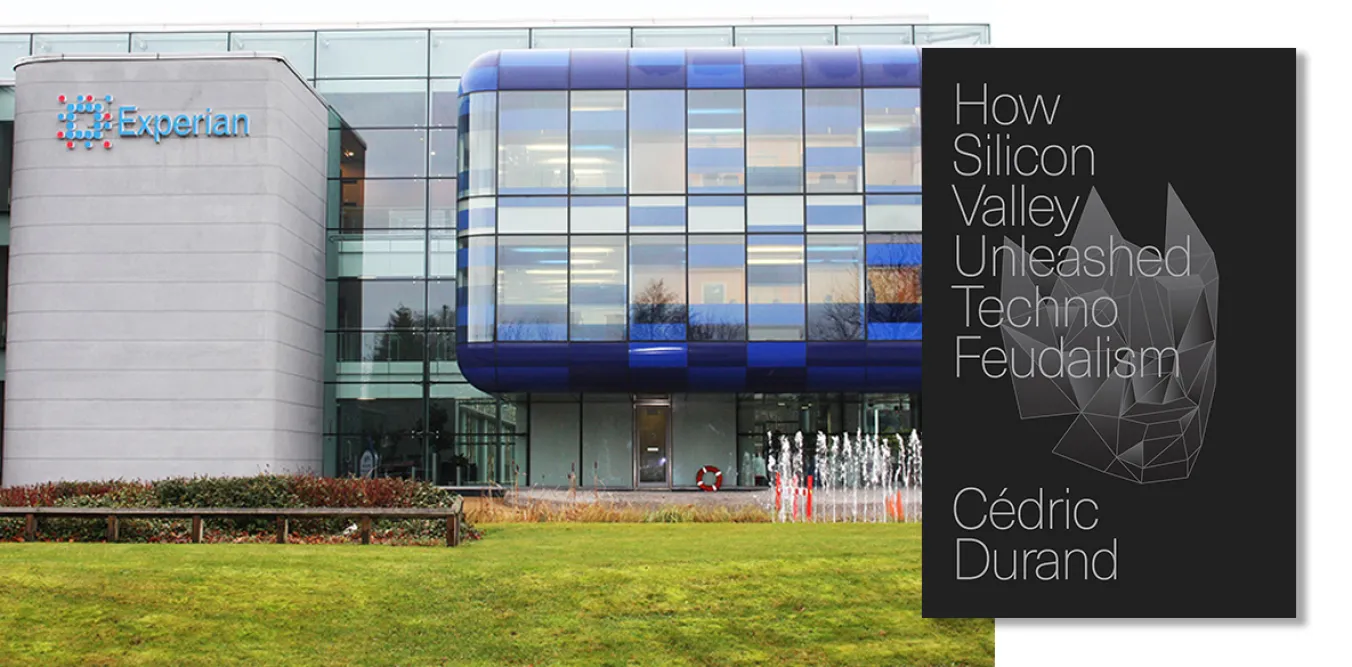
THERE is a problem in science funding. Either you fund an idea, and assume your ability to understand the solution surpasses that of the experts (and risk foreclosing their imaginative potential), or you fund the experts, in which case you sustain the status quo, from which new results may or may not emerge as you would hope.
The balance of this decision fluctuates with trends among those who hold the purse strings. The argument for funding so-called “smart people” is often much favoured by the people who suspect they themselves may be smart. It’s an idea also upheld by the “great man” theory of science, which highlights the importance of individual personalities in driving great discoveries.
Historical materialists reject the notion that these special personalities are independent of the forces of economic and social history, highlighting the importance of the whole network that produces the personalities. But even those who believe in the importance of special geniuses recognise that they need the right environment to produce the best kind of results. This is why, even as capitalists prefer to cut state funding of vital services such as health and social care, public expenditure on R&D has been growing since the ’90s (certainly as a proportion of the budget, also officially in real terms. Understanding this is somewhat complicated by changes in how it is counted).

















